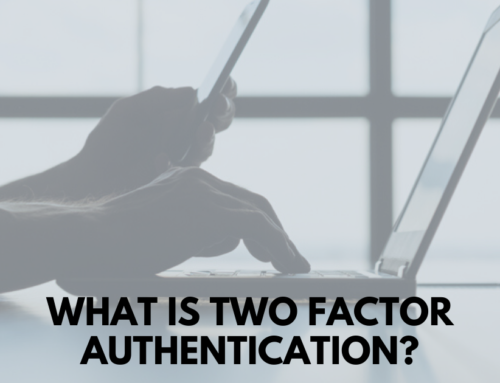HIPAA is an everyday stressor in the healthcare industry. A computer-based recordkeeping system can help keep records secure and HIPAA compliant.

For many in the health care industry, compliance with the Health Insurance Portability and Accountability Act (HIPAA) is an everyday stressor that dictates the actions and availability of information. However, HIPAA is necessary to protect the patients’ information and medical records. A violation of HIPAA could lead to lawsuits and large fees, which could cause a business or practice to close their doors.
The Challenge of Human Error
Unfortunately, even the perfect system is prone to human error, especially if you do not have integrated checks and balances that are part of a computer document management software.
Many facilities that are larger in size have already integrated their records into a computer-based record-keeping system. This type of software is especially helpful for the large volume of records that they keep on a daily basis. However, smaller healthcare facilities may want to consider a customized computer-based record-keeping system to stay HIPAA compliant.
Typically, most HIPAA violations happen without employees’ knowledge, or they are due to simple inexperience. Some of the most common HIPAA violations include:
- Accessing records for any reason other than to aid in treatment or payment
- Not using a secure encryption method for protecting health records
- Removing patient information from the facility, either physically or on an unauthorized device
- Sharing patient information via a personal email
- No control or lack of control of who accesses patient health information
- Not removing access of former employees
Digital Solution for Record Keeping
Physical paper documents have a higher chance of being compromised because their very nature requires that you physically secure them. Within HIPAA, health facilities not only have to worry about who has access to patient information but for what reason.
While some electronic solutions can help healthcare facilities step away from paper options, such as a common or shared network drives, these do not provide the security needed to remain HIPAA compliant. HIPAA requires that digital solutions for handling patients’ personal information have almost cutting-edge security tools. Due to the private nature of patients’ information within the system, health facilities’ data is considered a prime target for hackers looking for targets with blackmail or ransomware.
Benefits of Moving to Digital Record-Keeping
Even for small health care facilities, there is a digital document management system that could fit the needs of the business while still being HIPAA compliant. Some of the benefits of digital record keeping are:
- Tracking for Audit Purposes – A digital document management system can record everything that happens to a file. The record could include which user has accessed the file, when the file was accessed, if anything has changed since the last time it was accessed, and historical copies of the file.
- Control Over File Permissions – The records system administrators can control who has permission to view a file and the features they are available to use once they have access.
- Unique Security Options – Administrators can dictate which users have access to patient information. As an example, administrators can add a two-step authentication method to access sensitive patient information.
Privacy and HIPAA compliance can be challenging, but adding the right document management tools can help with the stress and pressure of protecting patients’ information.






